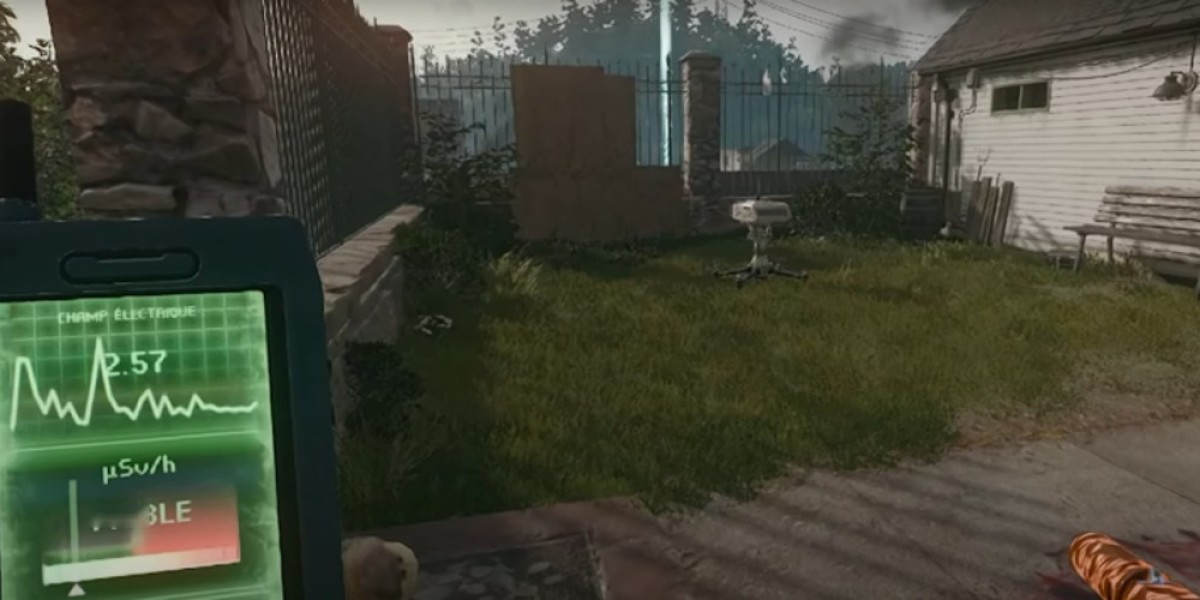The Fragility of Language in Global Game Economies
In a game as globally played as path of exile 2 Items, localization is more than just a quality-of-life feature—it is foundational to maintaining stable, functional in-game economies. Currency, in particular, depends on precise communication for players to understand value, negotiate trades, and interpret market signals. However, when currency names are poorly translated or inconsistently localized across different language versions of the game, confusion and economic disruption follow. Even small translation inconsistencies can cause large-scale distortions in perception and pricing, leading to player mistrust, trade breakdowns, and regional market anomalies.
Case Studies of Mistranslation Impact
Several high-profile incidents in previous leagues and early POE 2 patches have highlighted how damaging localization errors can be. For example, in the Korean localization of a league-specific currency orb, the item’s name was mistranslated in a way that made it sound identical to a common crafting orb, despite being much rarer and more powerful. This led to players underpricing the item en masse, which was quickly exploited by those who recognized the mistranslation. As the news spread, the market corrected—but not before huge quantities of wealth were transferred based on false equivalence. Similar issues have occurred in Russian and Brazilian Portuguese translations, where subtle shifts in terminology made some orbs seem generic or misleading, resulting in both under-trading and over-trading within regional economies.
Trust and the Semiotics of Currency
The value of currency in POE 2 is not fixed by the game itself but is shaped by the collective agreement of its players. This agreement depends on shared understanding, which localization directly affects. When a currency item is perceived differently in multiple languages, the foundation of that shared understanding cracks. For non-English-speaking players who rely entirely on localized tooltips and trade sites, even slight alterations in naming can imply false hierarchies of value. Players may assume two orbs are interchangeable when they are not or may avoid trading entirely for fear of misunderstanding. This loss of confidence can shrink market activity and discourage cross-language trade.
Platform Fragmentation and Third-Party Confusion
Localization errors become even more damaging when they conflict with third-party trading platforms, many of which default to English names or use automated translation. For instance, Chinese players searching for “混沌石” might not find accurate listings if the trade site translates it improperly back into English as a different item. This fragmentation makes it difficult to perform efficient price checks or compare value across language communities. Players often resort to screenshots, copy-pasting visual icons, or using clumsy machine translations, further slowing down the economy and increasing the chance of trade fraud.
Developer Response and Community Fixes
Grinding Gear Games has acknowledged localization challenges and occasionally issued hotfixes to address the most disruptive translation issues. However, many players feel that these corrections come too late, after economic damage has already been done. As a result, community-driven wikis, multilingual Discord servers, and unofficial localization glossaries have emerged to bridge the gap. These player initiatives show how critical accurate language is to the health of the game economy, and how even virtual currencies require the same linguistic precision as their real-world counterparts in order to function smoothly across borders.







